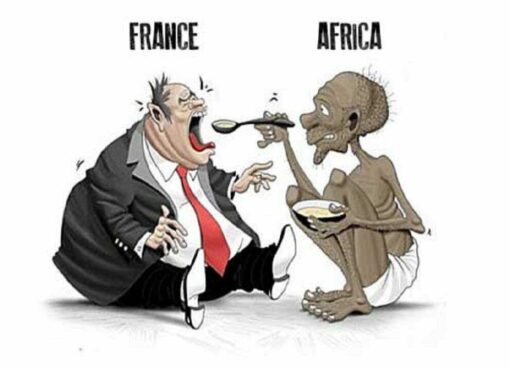In the global landscape, the divide between developed and developing countries persists, with nations in Latin America, Africa, and Asia consistently striving to bridge this gap. Despite historical and contemporary efforts, these regions continue to grapple with multifaceted challenges that hinder their progression towards developed status. Understanding the complexities underlying this phenomenon requires exploring two prominent theories: modernization theory and dependency theory.
Historical Context:
Latin American countries, formerly colonized by European powers, were initially positioned as suppliers of raw materials to fuel the industrial revolutions of their colonizers. The quest for political independence in the 19th century did not sever economic ties, resulting in a continued reliance on exporting commodities to sustain their economies. Despite investments in infrastructure facilitated by loans, the anticipated economic transformation failed to materialize, leading to the emergence of urban slums and persistent poverty.

Modernization Theory:
Central to modernization theory is the belief that internal factors within developing countries impede their progress towards development. Weak governance structures, frequent political instability, and a dearth of entrepreneurial culture are identified as key barriers. Moreover, inadequate investments in education and research limit the development of skilled human resources essential for innovation and economic growth. The theory advocates for emulating the political and economic systems of developed nations, emphasizing the need to strengthen institutions, promote transparency, and foster a conducive environment for entrepreneurship.
Dependency Theory:
In contrast, dependency theory posits that external forces, particularly exploitative global trade relations, significantly hinder the development of peripheral nations. This theory delineates a hierarchical division between core and peripheral states, wherein central nations exploit peripheral countries for raw materials and labor. The legacy of colonialism and contemporary economic policies perpetuate inequality and hinder progress in developing nations. Dependency theory underscores the structural injustices inherent in the global economic order and advocates for systemic changes to address these disparities.

Critique and Challenges:
While both theories offer valuable insights, they are not without criticism and limitations. Dependency theory’s call for disengagement from global trade overlooks the complexities of development pathways and fails to provide a clear roadmap for progress. Additionally, the success stories of countries like South Korea and Japan challenge its deterministic outlook. On the other hand, modernization theory’s emphasis on mimicking Western models neglects the diverse cultural, historical, and institutional contexts of developing countries, and fails to address systemic barriers to progress.
Conclusion:
The persistent gap between developed and developing countries underscores the intricacies of global development dynamics. While modernization theory and dependency theory provide valuable frameworks for understanding these challenges, a nuanced approach that integrates elements of both perspectives is essential. Bridging this gap requires addressing internal governance issues while advocating for fairer global trade practices. Achieving inclusive and equitable development necessitates concerted efforts on both national and international fronts, emphasizing the importance of collaboration and solidarity in advancing the collective prosperity of all nations.







